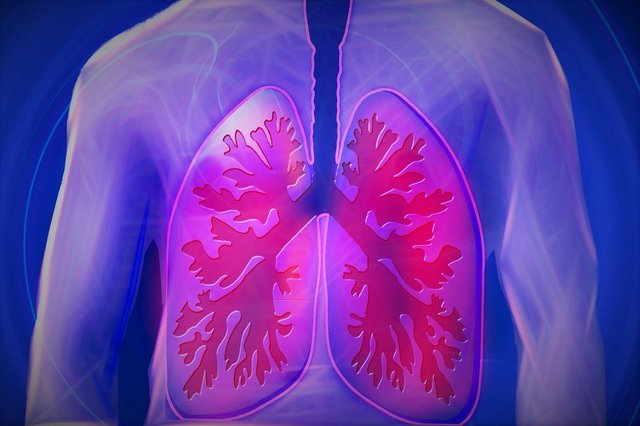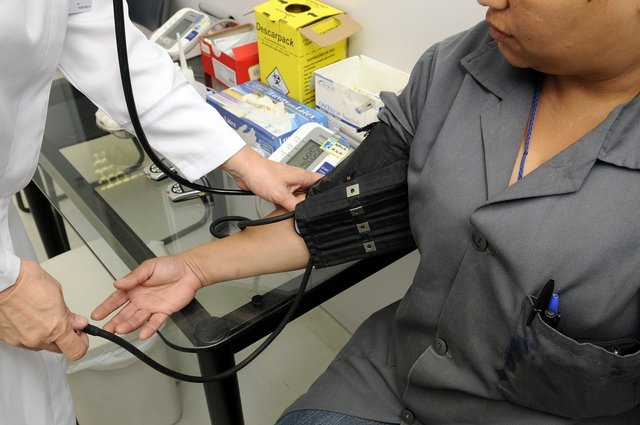Lungs cancer
Lung cancer is a cancer that is derived from lung tissue and ranks among the most prevalent cancer types in the world. It primarily occurs in two main types: Ads include non-small cell lung cancer (NSCLC) and small cell lung cancer (SCLC).
Symptoms:
First-level lung cancer is frequently asymptomatic, therefore, screening levels are difficult to determine. As the disease progresses, common symptoms include:
- Persistent cough
- Coughing up blood
- Chest pain that occurs or increases with deep breath.
- Unexplained weight loss
- Fatigue
- Shortness of breath
- Wheezing
Causes:
Tumor-inducing substances:These agents in act form the major source of lung cancer risk factors and they are as follows; Smoking accounts for 85% of all lung cancer cases. Other significant causes include:
This to an extent can be attributed to exposure to secondhand smoke.
- Radon gas exposure
samples such as asbestos and other substances which cause cancer. - Air pollution
-1. Consumer history and heredity
Treatment:
The therapy of lung carcinoma depends on the classification of carcinoma, phase, and crucial health of the patient. Options include:
- Surgery:
For the treatment of cancers or sections of the lung
- Radiation therapy: Cancer cells and tumor reduction
- Chemotherapy: Incorporates drugs to kill cancer cells through boosting the normal effects it with other treatment procedures
- Targeted therapy: Majorly involves targeting of certain properties of the cancer cells
- Immunotherapy: Supports the immune system identify cancer cells and destroy them.
In this case, current research aims at enhancing treatment results and knowledge relating to lung cancer. It is also about early diagnose that is where the intervention could be effectively done to enhance the survival rates. CHECK-UPS should be done on a regular basis to clients who are famous long-time smokers.
Thanks for reading my post I'm inviting @m-fdo, @beevicsam and @aviral123 to participate.
Cc: @khursheedanwar


